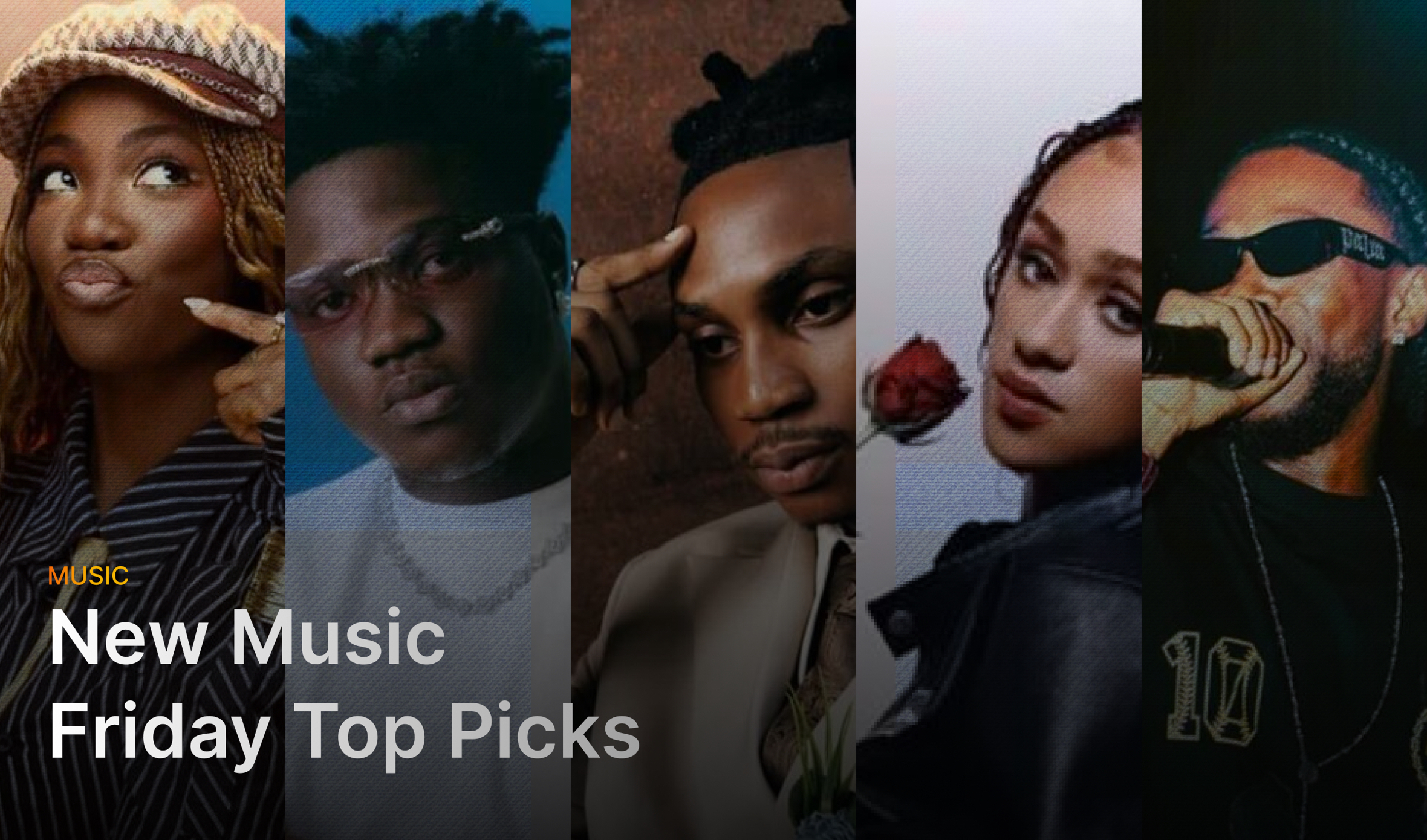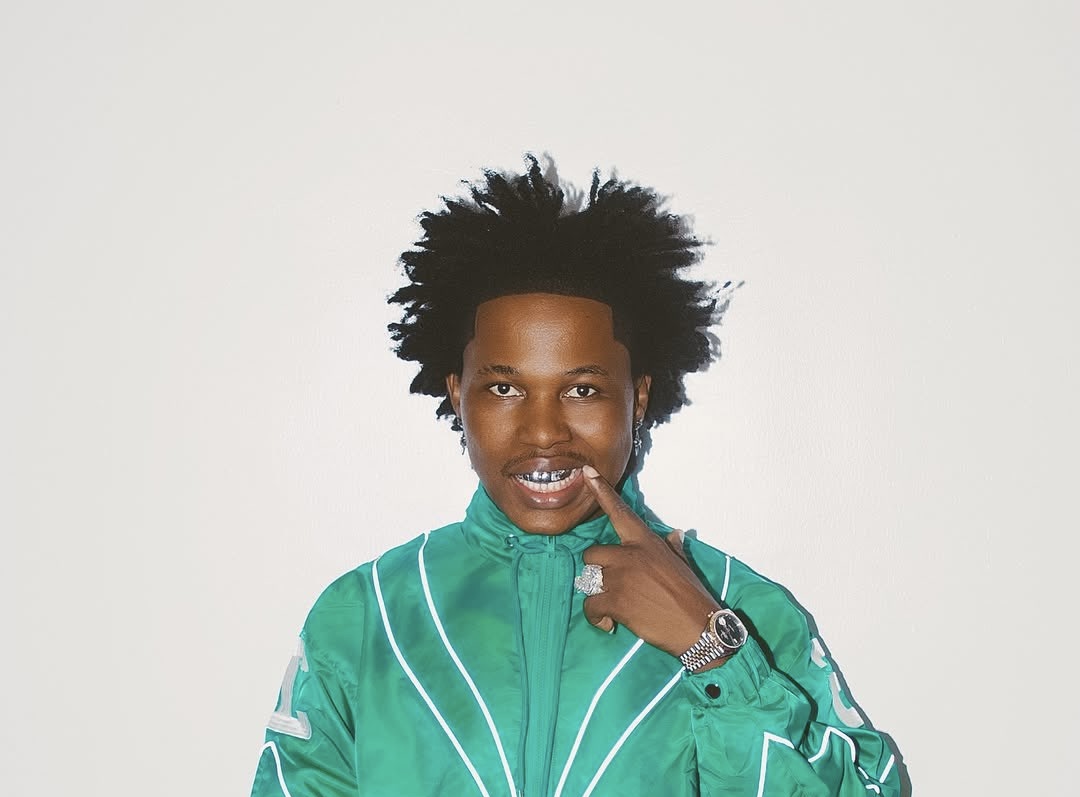by T.J Martins
About two weeks ago, news broke on major music-affiliated Nigerian platforms that a prospective Afrobeats Grammys category was in the works and could eventually be greenlit. In the video that made the rounds, the Grammys CEO, Harvey Mason Jr. was flanked by reporters who prompted the conversation with a question—and he replied that the academy was in the process of conversing with key stakeholders in the industry and analysing the intricacies that would ensure the project comes to fruition in an ideal manner.
Of course, this development sent Afrobeats fans and enthusiasts into glee and rightly so. After all, it’s what everyone that cares about the genre has been clamoring for over the years. A more robust representation, that would have no adverse effects in the long run and would only propagate the genre better, right? Not quite. You see, the music heads were wary of this info for very specific reasons. Reasons we’re gonna be breaking down in this article.
Afrobeats And A Problematic Western Overview
In the past, when Afrobeats songs crossover and excel so much in the diaspora that they merit Grammy awards, the albums get chucked under the ‘Best Global Music Album’ category and the songs under ‘Best Global Music Performance’ category. This category isn’t genre specific and crams varying sonic sounds and sonic templates, from different continents outside Europe and America. Of course, there are notable exceptions like Black Coffee’s Subconsciously winning a genre category award, but this is hardly ever the case. Most of the time, our songs get lumped under one huge umbrella category which doesn’t do justice in servicing its diverse elements. So does an Afrobeats category solve this?
Not in the slightest bit. Matter of fact, if not appropriately executed, it has the potential to aggravate things. The term, ‘Afrobeats’ itself isn’t a genre. It’s an umbrella terminology for mainstream African contemporary genres that incorporate foreign and western influences. Afro-Pop, Afro-R&B, Afro-Soul, Afro-Fusion etc are all genres that fall under this umbrella terminology. Reggaeton is another umbrella terminology that contains elements of Jamaican dancehall and reggae, alongside Latin/Spanish genres like Plena, fused with Hip-Hop influences.
The problem? Afrobeats records, especially in the last 2 years, have experienced major success and a handful have gone on to clinch crossover hit record status. However, the huge bulk of these successful records are Afro-Pop songs that don’t exactly represent the wide array of genres, which the term encompasses.
It also doesn’t help that the industry uses ‘Afrobeats’ as a buzzword to push prospective crossover pop records, instead of their inherent genres like Afro-R&B and Afro-Soul, for instance and so we’ve gotten to the stage, where the general consensus by outsiders is that everything coming out of Nigeria and Africa is Afro-Pop, which these outsiders perceive as ‘Afrobeats.’ Long story short, the perception is that Afrobeats is contemporary mainstream African pop music which isn’t always the case. It could be pop music, R&B or soul.
Matter of fact, inherent African genres like Highlife, Fuji and traditional folk music haven’t escaped this bloated generalization. So there is a problematic possibility of an Afrobeats category at the Grammys, being a dumping site for any and all African genres, be it Afrobeats or fundamental African genres—if not executed properly. For example, in a future nomination list for ‘Best Afrobeats single’ category, we could have an Afro-Pop record in Fireboy DML’s Peru, alongside an Afro-R&B record like Adekunle Gold’s Sinner, a traditional folk song like Simi’s Smile For Me and a Highlife record in the vein of Chike’s Good Things. Songs of different genres that shouldn’t be in the same category, ideally.
Looking Forward
For an Afrobeats category to work properly at the Grammys, it would need nothing less than 5 subcategories to represent its core, primary genres. Is that possible then? For a western award body that simply wants to incorporate successful foreign genres in a bid for a robust representation? It’s honestly far-fetched and asking too much. The only way out of this dire predicament is for our people to stop going above and beyond in seeking the validation of western award panels and start taking our own award shows that represent our diverse genres better, more seriously.
It starts from the artists themselves, who trivialize the gravity of African award shows. For example, The Headies’, which is the most prestigious music award show out of Nigeria, has been found wanting over the past few years, where artist attendance is concerned. It’s no wonder why the organizers took the latest edition outside the country, which yielded a rapid increase in the attendance of artists.
The Headies does have its flaws, especially production quality wise, so it’s in no way perfect. However, our own artists need to do better. Other prestigious African music awards shows like The Afrimma, also needs to be taken with more gravitas by Afrobeats popstars.
There is an innate, crucial need to document our narratives properly and that can only be done by us. Earlier this year, The Grammys themselves released an atrocious article in an attempt to define the parameters of African Music and Afrobeats, and even went as far as declaring erroneous things like Amapiano—a south African House subgenre, with elements of Kwaito and Jazz—being a sub-genre of Afrobeats—an umbrella term mostly used to classify mainstream west-African music.
As expected, it caused an uproar online and parts of said article were rectified. However, that’s just a tip of the iceberg of ludicrous things that could be concocted by the West, if we leave the documentation and celebration of our genre, primarily to them. They are culture vultures that wouldn’t hesitate to pounce on our deficiencies, and utilize it to their own agenda.
Last month, the Nigerian industry also exhibited similar traits and tried to take glory for the propagation of Amapiano, and it was an eyesore to say the least. This writer isn’t of the opinion that The Grammys can’t represent Afrobeats very well, if they really want to. If adequate measures are dispatched and there is an immense care to detail and protocol, it could indeed pan out positively in the long run. After all, the Grammys are the most prestigious music awards in the world.
In the past few years, Afrobeats has made major strides. We’ve seen multiple crossover hit records break into international charts and dominate them. We’ve even witnessed bits of our culture, transported alongside the music to the diaspora. A properly executed Afrobeats category would break even higher ground in the establishment of contemporary African music in the global mainstream and make our artists influential stakeholders in this movement.
Asides the higher ceiling of musical laurels that could be accessed through a Grammys category, our music would also incite much-needed cross-cultural moments and forge meaningful relationships that would be beneficial to the movement in the long run. So the possibility of this isn’t all doom and gloom. However, the fact remains and stands. The onus of the propagation, documentation and celebration of our music lies on us. Not the Grammys, not the Billboard or any other western organization.
And we must step up to the task.





